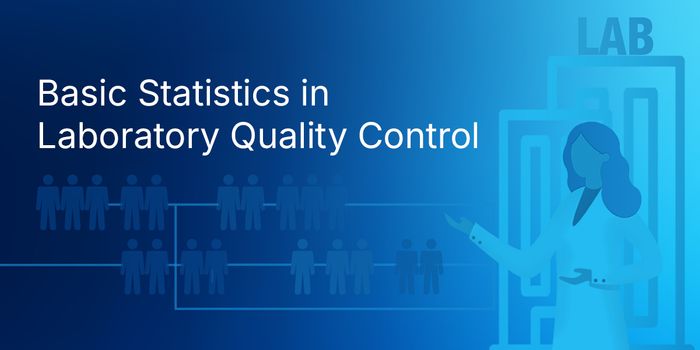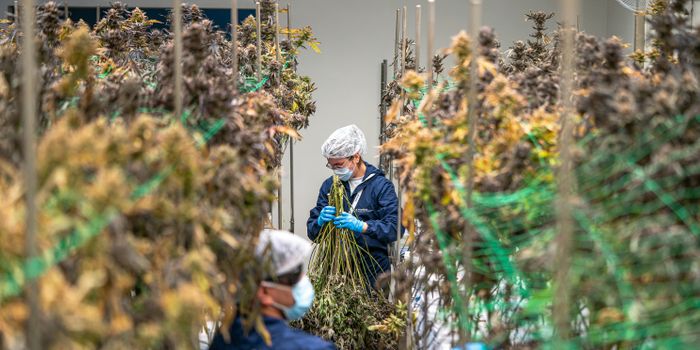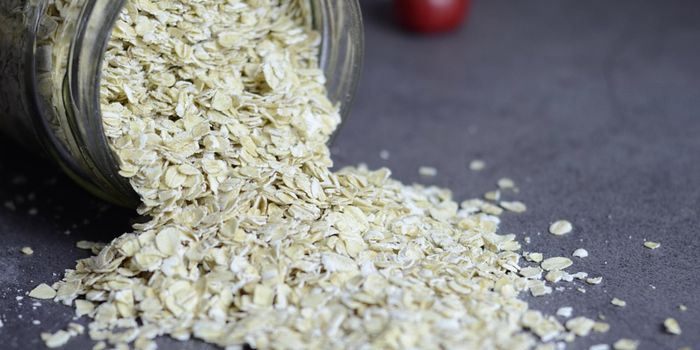
Most people have heard that artificial sweeteners help with weight loss and diabetes prevention. According to a new study at the Weizmann Institute of Science in Rehovot, Israel, the sweeteners could actually "hasten the development of glucose intolerance and metabolic disease." They do it by changing the composition and function of the gut microbiota, the substantial population of bacteria residing in our intestines, said an article published September 17 in Nature. Dr. Eran Elinav of the university's Department of Immunology, who led this research together with Prof. Eran Segal of the Department of Computer Science and Applied Mathematics, said that the widespread use of artificial sweeteners in drinks and food, among other things, may be contributing to the obesity and diabetes epidemic that is sweeping much of the world.
Researchers have wondered why non-caloric artificial sweeteners do not seem to help with weight loss, and some studies suggest that they may even have an opposite effect. According to graduate student Jotham Suez in Dr. Elinav's lab, who led the study, lab member Gili Zilberman-Shapira and graduate students Tal Korem and David Zeevi in Prof. Segal's lab, artificial sweeteners have a direct effect on the body's ability to use glucose. Glucose intolerance, which is assumed to happen when the body is unable to cope with large amounts of sugar in the diet, is the first step toward metabolic syndrome and adult-onset diabetes.
The Weizmann scientists fed mice water laced with the three most commonly used artificial sweeteners, in amounts equivalent to those permitted by the U.S. Food and Drug Administration (FDA). The mice developed glucose intolerance, as compared with mice that drank water, or even sugar water. When the experiment was repeated with different types of mice and different doses of the artificial sweeteners, it produced the same results: these sweetners were somehow inducing glucose intolerance.
The researchers then investigated a hypothesis that the gut microbiota are involved in this phenomenon. They determined that the bacteria might react adversely to new substances like artificial sweeteners that the body did not recognize as "food." While artificial sweeteners are not absorbed in the gastrointestinal tract, they encounter trillions of the bacteria in the gut microbiota.
The researchers treated mice with antibiotics to remove many of their gut bacteria and obtained a full reversal of the artificial sweeteners' effects on glucose metabolism. Then they transferred the microbiota from mice that consumed artificial sweeteners to "germ-free," or sterile, mice, causing a complete transmission of the glucose intolerance into the recipient mice. Thus, they determined that changes to the gut bacteria are directly responsible for the harmful effects to their host's metabolism. The researchers also found that by incubating the microbiota outside the body, along with artificial sweeteners, they could induce glucose intolerance in the sterile mice. By performing a complete characterization of the microbiota in the mice, the researchers concluded that there were enormous changes to their bacterial populations, including new microbial functions that made them susceptible to obesity, diabetes, and complications of these problems in both mice and humans.
Dr. Elinav and Prof. Segal established a correlation to humans by looking at data collected from their Personalized Nutrition Project, the largest human trial to date to look at the connection between nutrition and microbiota. They found a significant association between self-reported consumption of artificial sweeteners, personal configurations of gut bacteria and the tendency for glucose intolerance. They then conducted a controlled experiment, asking a group of volunteers who did not generally eat or drink artificially sweetened foods to consume them for a week, after which they underwent tests of their glucose levels and gut microbiota compositions.
The findings showed that many of the volunteers developed glucose intolerance after just one week of artificial sweetener consumption. The composition of their gut microbiota explained the difference. There were two different populations of human gut bacteria, one that caused glucose intolerance when exposed to the artificial sweeteners and one that had no effect. The researchers think that certain bacteria in the guts of those who developed glucose intolerance reacted to the chemical sweeteners by secreting substances that then provoked an inflammatory response similar to sugar overdose, promoting changes in the body's ability to utilize sugar.
 Most people have heard that artificial sweeteners help with weight loss and diabetes prevention. According to a new study at the Weizmann Institute of Science in Rehovot, Israel, the sweeteners could actually "hasten the development of glucose intolerance and metabolic disease." They do it by changing the composition and function of the gut microbiota, the substantial population of bacteria residing in our intestines, said an article published September 17 in Nature. Dr. Eran Elinav of the university's Department of Immunology, who led this research together with Prof. Eran Segal of the Department of Computer Science and Applied Mathematics, said that the widespread use of artificial sweeteners in drinks and food, among other things, may be contributing to the obesity and diabetes epidemic that is sweeping much of the world.
Most people have heard that artificial sweeteners help with weight loss and diabetes prevention. According to a new study at the Weizmann Institute of Science in Rehovot, Israel, the sweeteners could actually "hasten the development of glucose intolerance and metabolic disease." They do it by changing the composition and function of the gut microbiota, the substantial population of bacteria residing in our intestines, said an article published September 17 in Nature. Dr. Eran Elinav of the university's Department of Immunology, who led this research together with Prof. Eran Segal of the Department of Computer Science and Applied Mathematics, said that the widespread use of artificial sweeteners in drinks and food, among other things, may be contributing to the obesity and diabetes epidemic that is sweeping much of the world.







